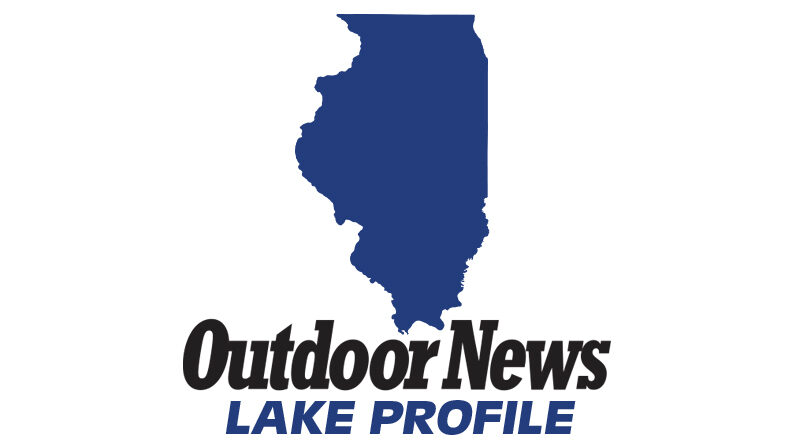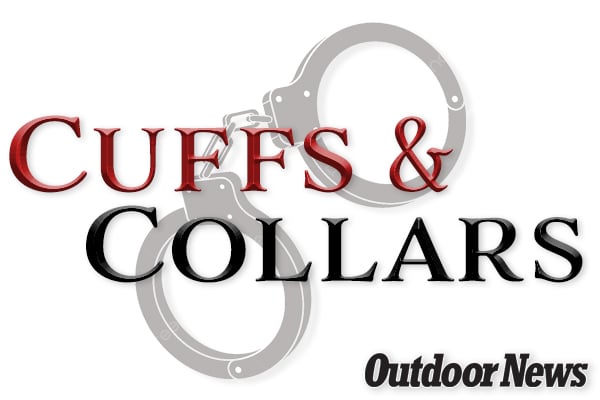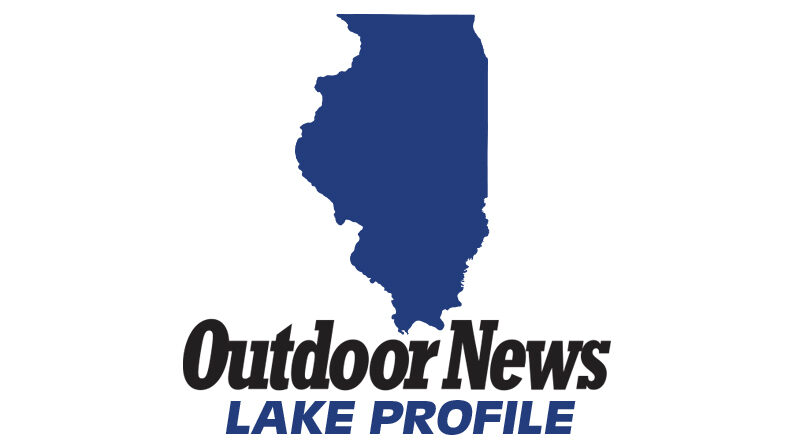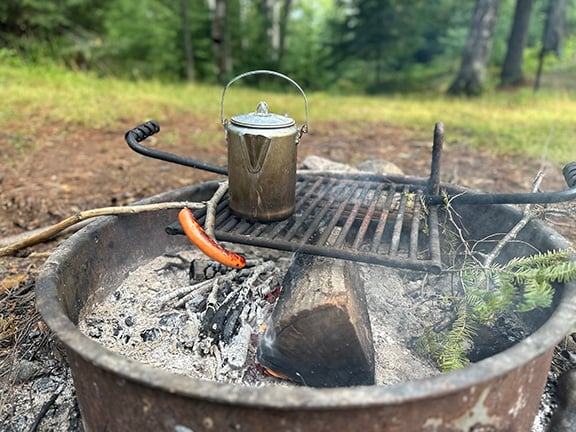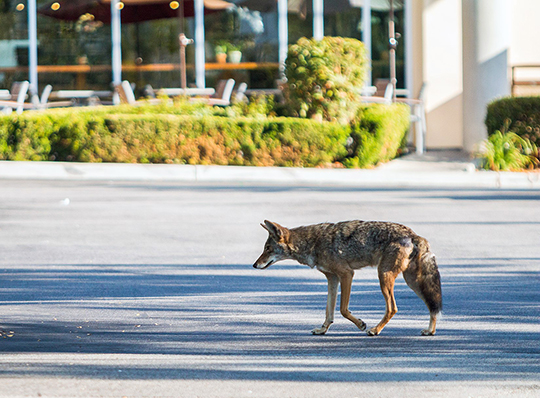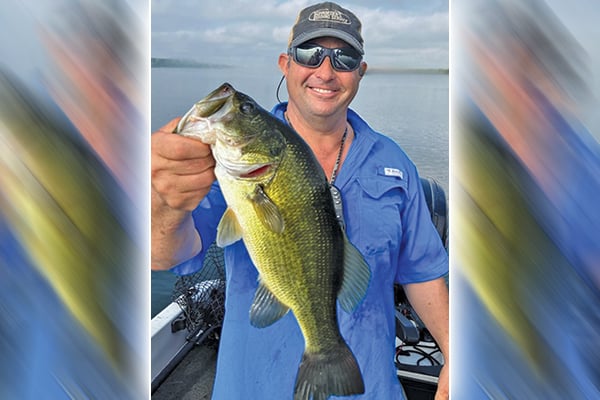Michigan Mixed Bag: Recreation Passport fees increase slightly for 2024 – Outdoor News
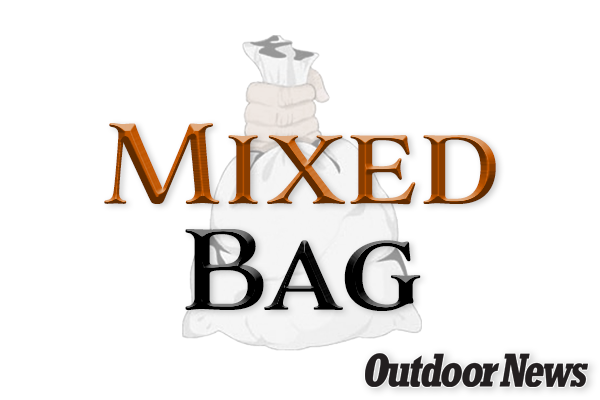
Lansing — Michigan residents and nonresidents are paying $1 more for the Recreation Passport effective Jan. 1, 2024.
The Recreation Passport provides year-round vehicle access to 103 Michigan state parks and recreation areas, 1,300-plus state-managed boating access sites, 140 state forest campgrounds, and parking at thousands of miles of trails and other outdoor spaces, while helping protect the state’s natural resources.
The fee change is the result of a statutory provision that ensures Recreation Passport funding keeps pace with the economy. The Michigan DNR does not determine the cost of the Recreation Passport; instead, adjustments are based on the Detroit Consumer Price Index, as determined by the federal Bureau of Labor Statistics.
The new annual resident fee is $14 and the annual nonresident fee is $40. The nonresident daily pass remains $11.
The Recreation Passport is valid for 12 months when purchased at time of license plate registration renewal through the secretary of state.
Registration Open for this Winter’s Becoming an Outdoors Woman Program
Marquette, Mich. — Registration is open for this winter’s “Becoming an Outdoors Woman” weekend workshop, as well as several upcoming Beyond BOW events.
The weekend workshop is Feb. 23-25, 2024, in Marquette County.
This winter will mark the 23rd annual winter BOW gathering for women, 18 and older, who are seeking an opportunity to improve their outdoor skills in a relaxed, noncompetitive atmosphere.
MORE COVERAGE FROM MICHIGAN OUTDOOR NEWS:
Murder case, record buck highlight 2023 stories in Michigan Outdoor News
Michigan DNR to buy 10,000 acres in Keweenaw Peninsula
Outdoor Observations: Michigan at tip of the iceberg with deer management dilemma
The BOW program is sponsored by the DNR and offers instruction in two dozen different types of indoor and outdoor activities, including cross-country skiing, archery, winter camping and shelter building, ice fishing, wilderness first aid, wild game butchering, nature journaling, and more.
In addition to the traditional winter weekend workshop, several smaller Beyond BOW events are coming up. Class information, registration materials, and scholarship applications are available online to print at Michigan.gov/BOW.
For more information on the winter BOW program, e-mail [email protected].
Elk Foundation, Grouse Society Join Forces
Missoula, Mont. — Help is on the way for elk, ruffed grouse, woodcock, turkey, whitetail deer, and many other wildlife species across the Great Lakes and Appalachian states.
The Rocky Mountain Elk Foundation and the Ruffed Grouse Society and American Woodcock Society (RGS and AWS) entered into a three-year conservation agreement to maintain and enhance habitat within priority areas across Kentucky, Michigan, North Carolina, Pennsylvania, Tennessee, Virginia, and Wisconsin, while improving hunting opportunity.
“This agreement allows two long-time, hunter-based conservation organizations to pool our combined energy and resources to carry out meaningful and measurable conservation work,” said Kyle Weaver, RMEF president and CEO.
RMEF will supply annual grant dollars to be used as private match funding for RGS and AWS forest management work.
Research Uses New Test for Fish Contamination on Lake Erie
Toledo, Ohio — A University of Toledo researcher is using a novel approach to test for fish contaminants on Lake Erie.
Emanuela Gionfriddo talked about her methods for testing fish for PFAS during an Ohio State University Sea Grant Freshwater Science webinar last month. Gionfriddo is an associate professor of chemistry at the University of Toledo.
PFAS, also known as “forever chemicals,” is an acronym for polyfluorinated alkyl substances. PFAS are substances that are used widely in manufacturing that can be detrimental to a water supply.
PFAS are known to be consistent in the environment because they don’t break down, Gionfriddo said.
“The PFAS crisis in the U.S. is real,” she said. “… It’s assumed that exposure to PFAS only comes from drinking water, but that is not always true.”
Fish tissue also absorbs PFAS, Gionfriddo said. Gionfriddo and her team are testing fish from the Western Basin of Lake Erie using a probe that is inserted into the live fish without harming the fish.
The results of the study won’t be known for some time, but the research is ongoing.
Deadline Approaching for Expanded NWTF Photo Contest
Edgefield, S.C. — The 2023 National Wild Turkey Federation’s (NWTF) photo contest is under way. NWTF says the contest has long been an opportunity for the industry’s most talented photographers to showcase their passion for capturing images of live wild turkeys in the field. The contest is open for all professional and amateur photographers who are over 18 years of age and who are residents of the U.S. The entry deadline is coming up fast: Jan. 10!
NWTF has expanded the contest categories, which include live wild turkeys, live wildlife, scenic landscapes, and the outdoor/hunting lifestyle. Entries must be the original work of the entrant, and the entrant must be the sole owner of the copyright of such entry.
Visit https://your.nwtf.org/photo_contest/ to enter and for more information.


